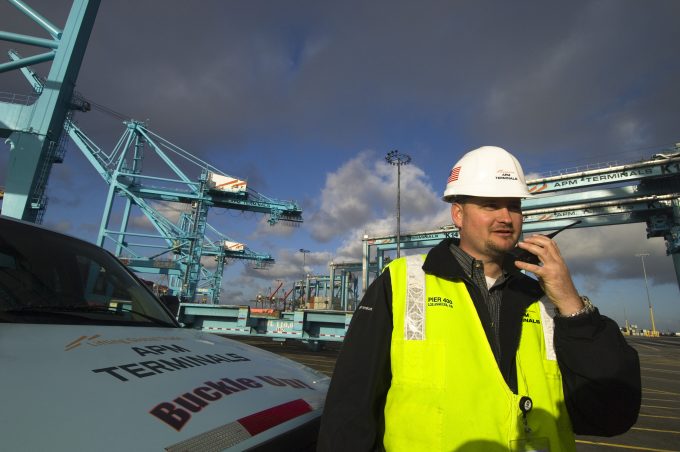Global shipping to shift as Europe and southeast Asia fill US gap in China trade
China is cultivating trade ties with Southeast Asia and Europe in the face of intensifying ...

Maersk’s container operations appear to be recovering following the debilitating cyber attack on its systems earlier this week.
Maersk Line yesterday sent out a customer advisory in which it said that its handling of cargo in transit was “now close to normal”.
For new bookings, it reiterated ...

Comment on this article